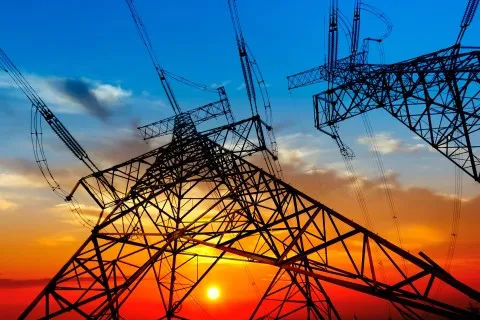
Why this is the era of Chinese EPCs in the power industry
What should developers know?
When Chinese company Xidian Holdings, together with a Singapore-based consortium, signed a deal to invest $500 million to build a 232 megawatt (MW) wind and solar project in the Philippines, the next question was whether a Chinese engineering, procurement, and construction (EPC) contract will be attached to the project.
It is no secret that Chinese EPC companies are starting to swarm the renewable market in Asia with their promise of reduced costs while maintaining high quality. But some experts warn that the risks for a bad outcome are also higher than normal when companies partner with Chinese EPC firms without fully understanding the unique system in which the latter operate.
“Without question, the potential exists to capture the opportunity of low cost, high quality projects with the potential of attractive financing,” says Simon Parker, CEO of DP CleanTech, China. “But the risks are high and require detailed preparation, understanding, communication, and planning.”
“The system is not easily flexible. Therefore, it is essential to understand how, from the outset, the Chinese EPCs will be approaching the project and to be able to understand what is achievable within the established ecosystem and what is not,” he adds.
Parker reckons that project managers that decide to partner with a Chinese EPC company must invest a lot of time overseeing and participating in the early stages of the project. This helps discover and reconcile the different approaches that the Chinese EPC company might take during the project duration.
"Given the aggressive pricing at the outset, loss prevention can rapidly become a major overarching objective,” he says. “Such a change in emphasis can be very rapid and have adverse consequences for the project.”
The thin margins of Chinese EPC contracts also leave little room for after sales support, potentially becoming a major issue if not understood at the outset.








![Cross Domain [Manu + SBR + ABF + ABR + FMCG + HBR + ]](https://cmg-qa.s3.ap-southeast-1.amazonaws.com/s3fs-public/styles/exclusive_featured_article/public/2025-01/earth-3537401_1920_4.jpg.webp?itok=WaRpTJwE)
![Cross Domain [SBR + ABR]](https://cmg-qa.s3.ap-southeast-1.amazonaws.com/s3fs-public/styles/exclusive_featured_article/public/2025-01/pexels-jahoo-867092-2_1.jpg.webp?itok=o7MUL1oO)









 Advertise
Advertise


